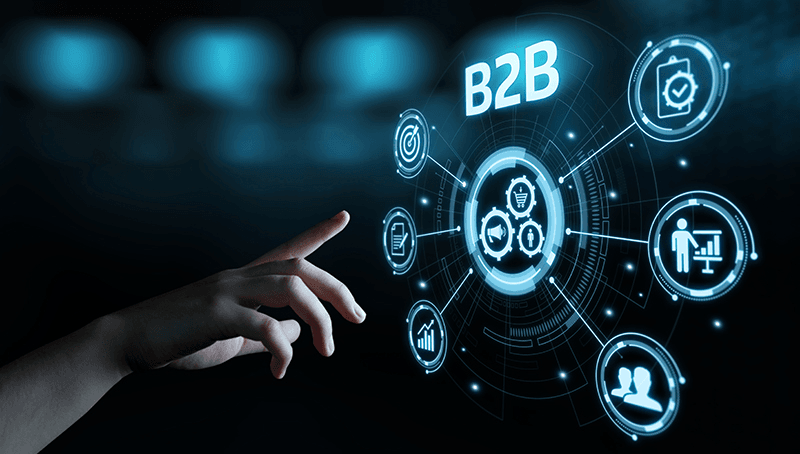
7 Effective Ways to Boost Brand Recognition and Reputation
August 30, 2022
Marketing Plays a Critical Role in Consumer Decision-Making
October 17, 2022According to a recent report, 86% of B2B brands have success using influencer marketing. Find out more about their strategies.
Business opportunities in 2022 and beyond are discussed in a research report on B2B influencer marketing.
According to the report, influencer marketing is effective for the vast majority of marketers.

According to research published on Lee Odden's TopRank Marketing blog, 86% of B2B brands have success using influencer marketing.
B2B brands can increase sales by using influencer marketing to increase brand recognition and reputation.
A third of companies say influencer marketing has increased sales, and 85% think more companies will be interested in working with influencers over the next 12 months.
The report provides answers to queries regarding best practices and technologies, essential characteristics of a B2B influencer, and significant future growth areas.
How Effective Is B2B Influencer Marketing?
The development of content marketing in recent years is comparable to how B2B influencer marketing has matured.
Many brands are now incorporating influencer marketing into their long-term strategies after finding success with one-time initiatives.
B2B marketing and communications experts were surveyed about their experiences using influencer marketing.
- 86% say it’s either moderately or very successful
- 72% say it helped improve brand reputation
- 70% say it improved brand awareness
- 56% say it helped generate new leads
- 33% say it was a direct revenue generator
B2B Influencer: Who Are They?
How can you tell if a potential B2B influencer partner is genuine, reliable, and credible enough?

The report suggests that you should look past vanity metrics like followers and subscribers.
"Audience relevance matters more than audience size. Marketing professionals place more value on relevance, credibility, and expertise than simply the quantity of followers. A campaign's reach can be aided by those with a sizable following, but it's crucial to include more powerful individuals with smaller followings.
B2B marketers and communications experts respond to questions about the influencers they collaborate with as follows:
- Industry experts and analysts (77%)
- Internal executives (56%)
- Niche experts (48%)
- Customers (46%)
- Professional influencers (45%)
- Employees (42%)
- Prospects (12%)
A B2B Influencer's Primary Characteristics
TopRank Marketing asked survey participants to rank a list of qualities as essential, nice to have, or not important in order to learn more about the key characteristics of a B2B influencer.
These are the results:
- Relevance of audience (98%)
- Audience sees them as trustworthy (87%)
- Subject matter expertise (78%)
- Values align with the brand (69%)
- Influencer publishes on at least one platform (65%)
- Ability to create content (54%)
- Size of audience (49%)
- Professional credentials (42%)
- Advocate for our brand (33%)
What Content Formats Are Most Effective For B2B Influencer Marketing?
Survey participants' content preferences a trend toward multimedia and interactive teamwork, which we find to be most effective.
The previous report's top five were blog posts. Webinars will undoubtedly prevail in 2022.
Respondents to a question about the preferred types of content in the current B2B influencer marketing environment stated:
- Webinars (81%)
- Social media (74%)
- Blog posts (71%)
- Recorded video (67%)
- Interviews (62%)
- Podcasts (52%)
- Live video (48%)
- Case studies (38%)
- Industry (33%)
- Interactive content (31%)
- Third-party analyst (29%)
- Social audio (22%)
- Infographics (17%)
Top Business-to-Business Influence Opportunities:
The B2B influencer marketing industry is developing, but there is still a lot of room for expansion.
The report finds the greatest opportunity lies in strategy development.
- Less than half of B2B marketers say they have a documented influencer strategy.
- 28% of businesses say they have an undocumented or informal strategy.
- 25% say they have no strategy at all.
Source: Search Engine Journal


